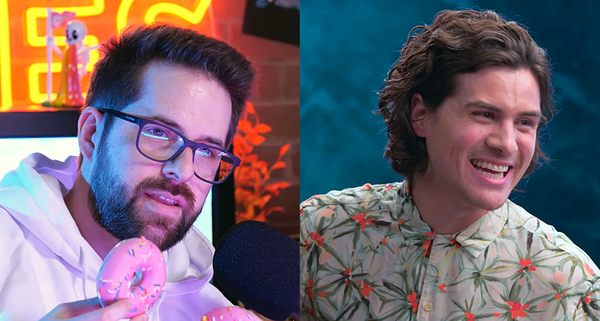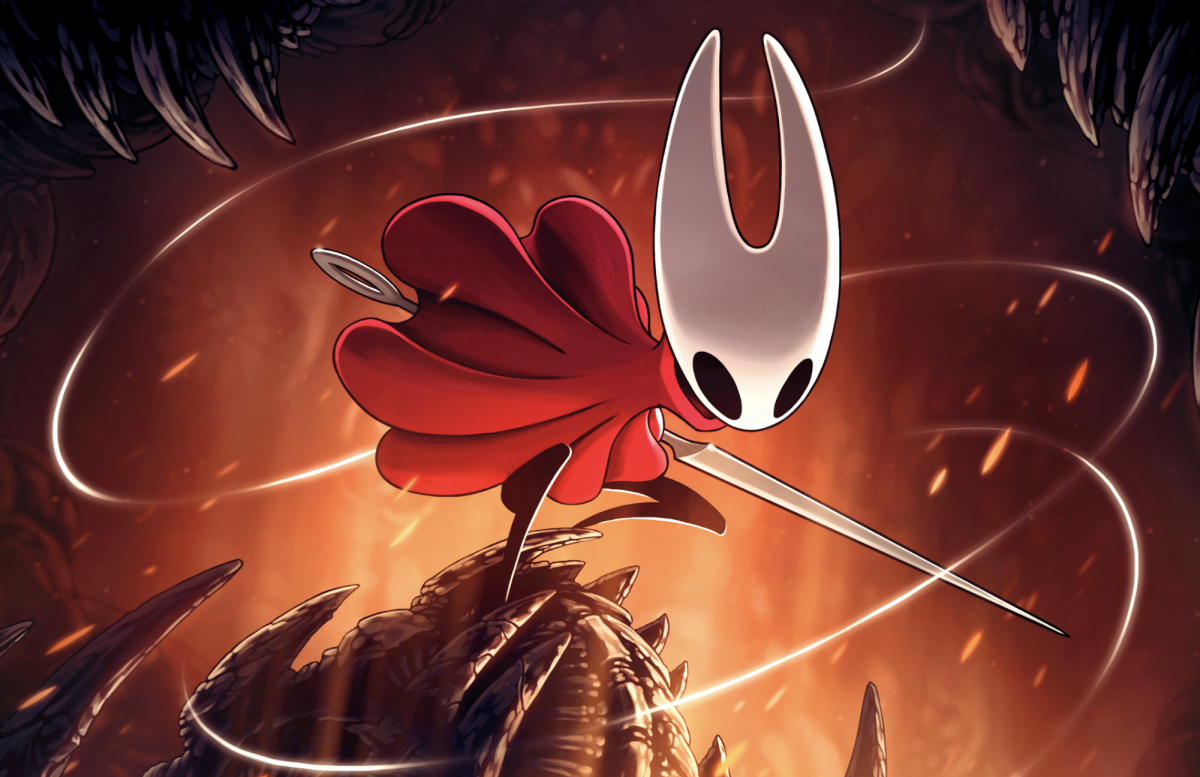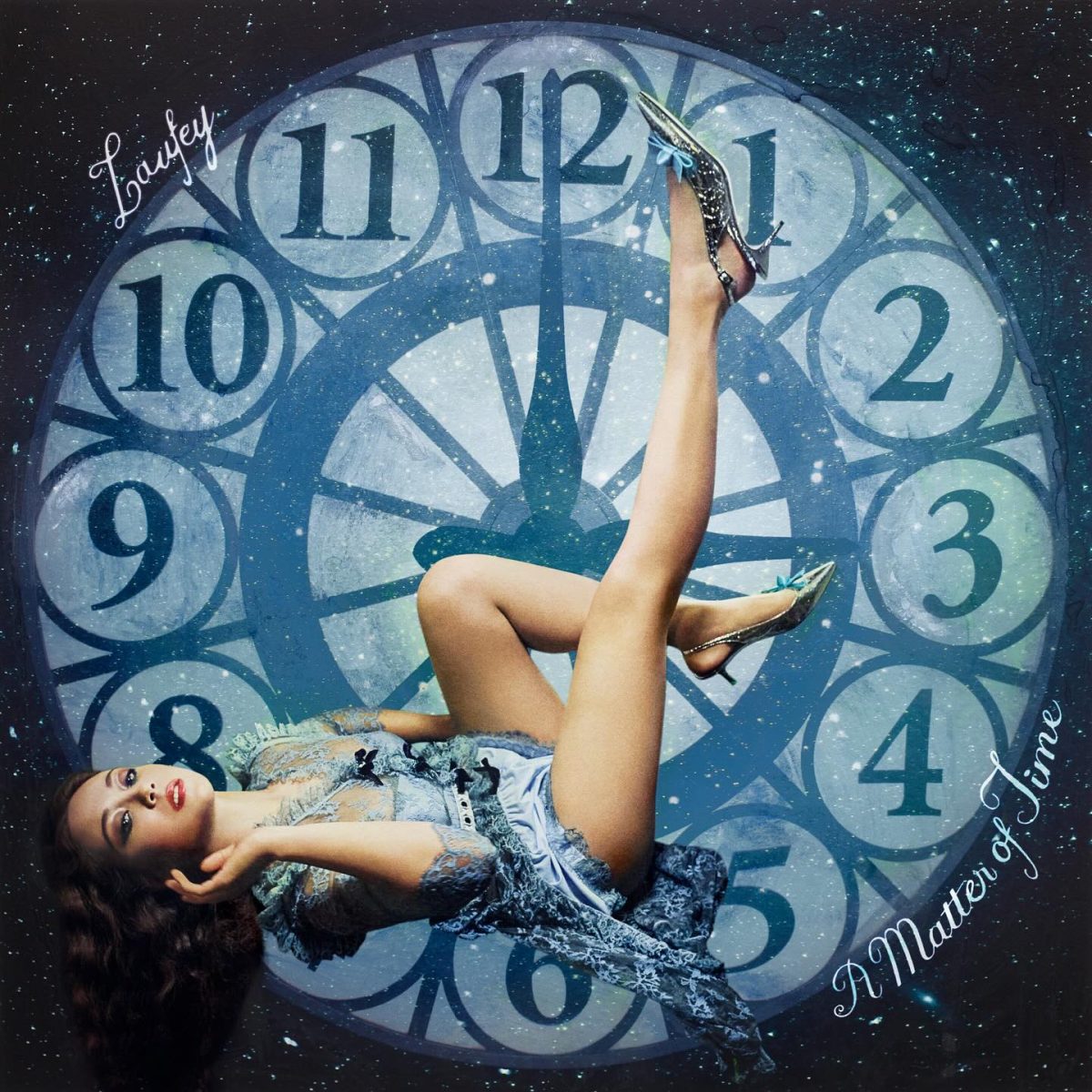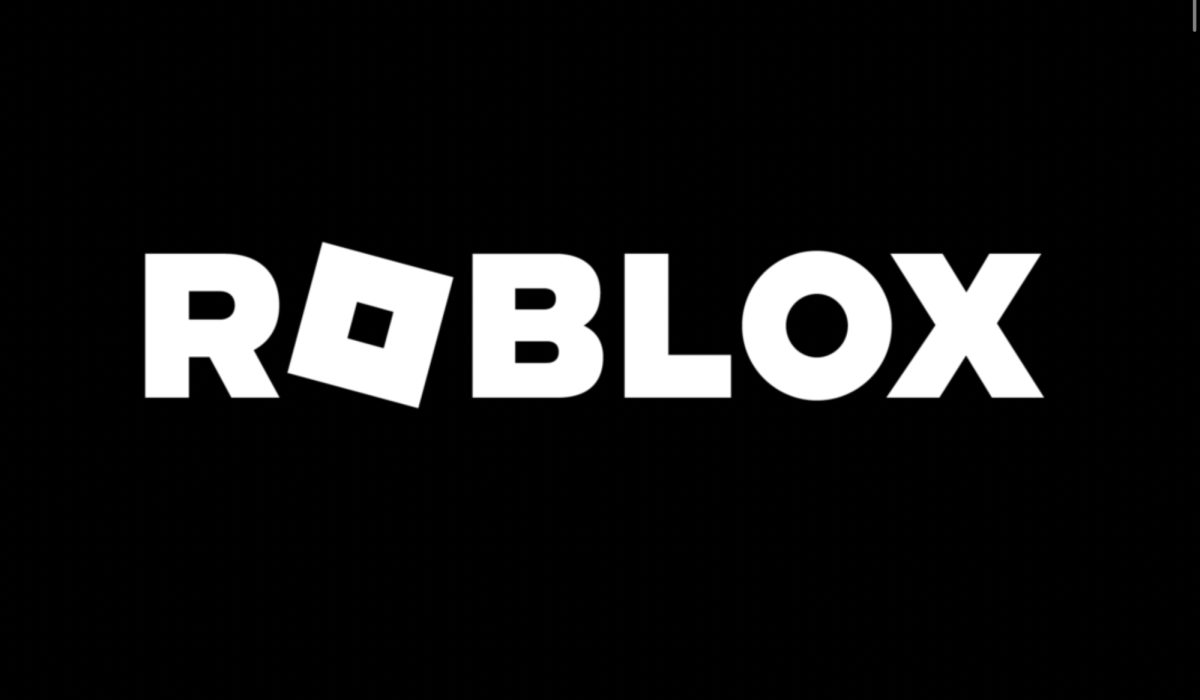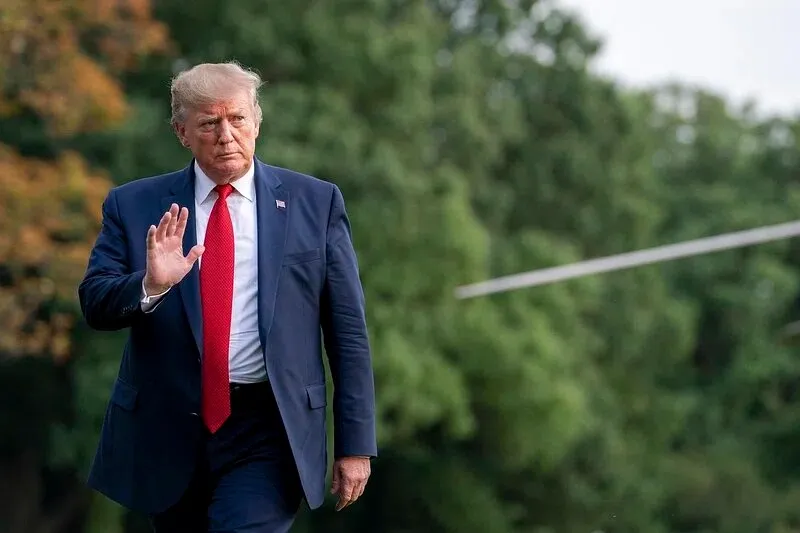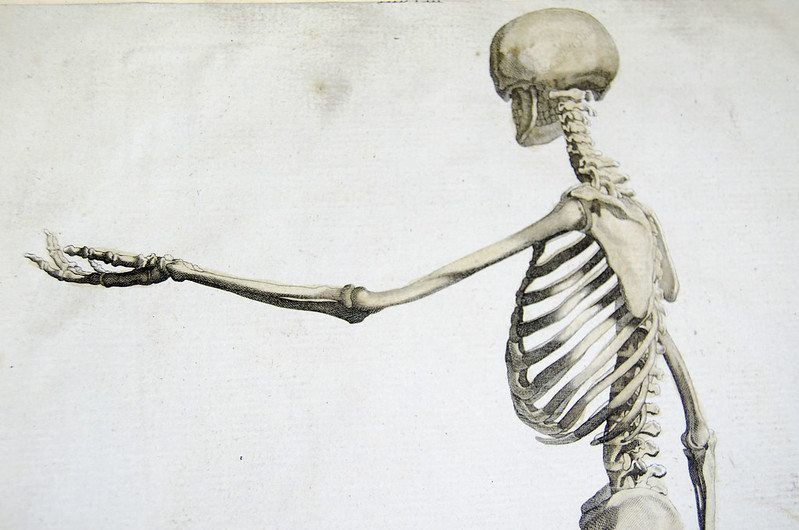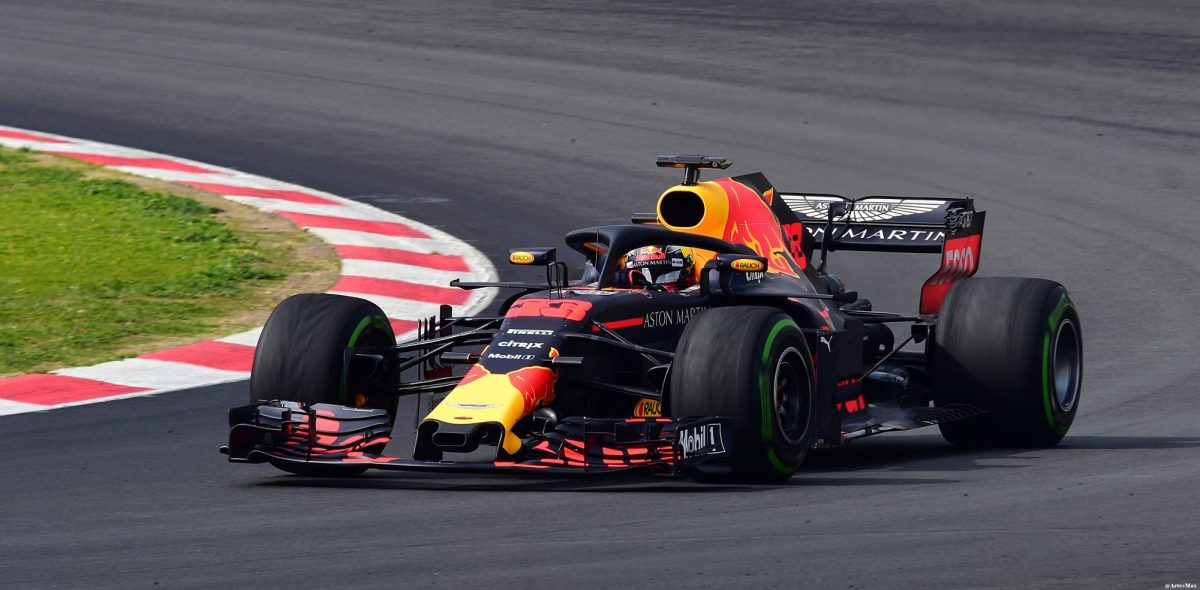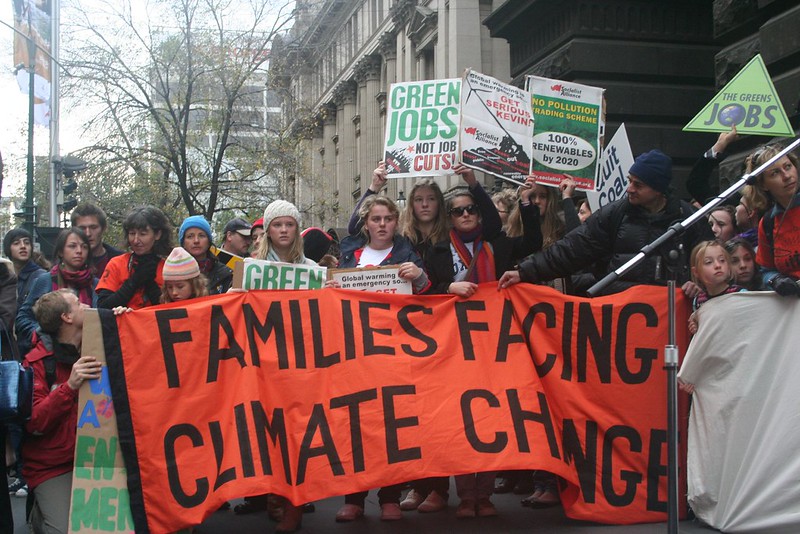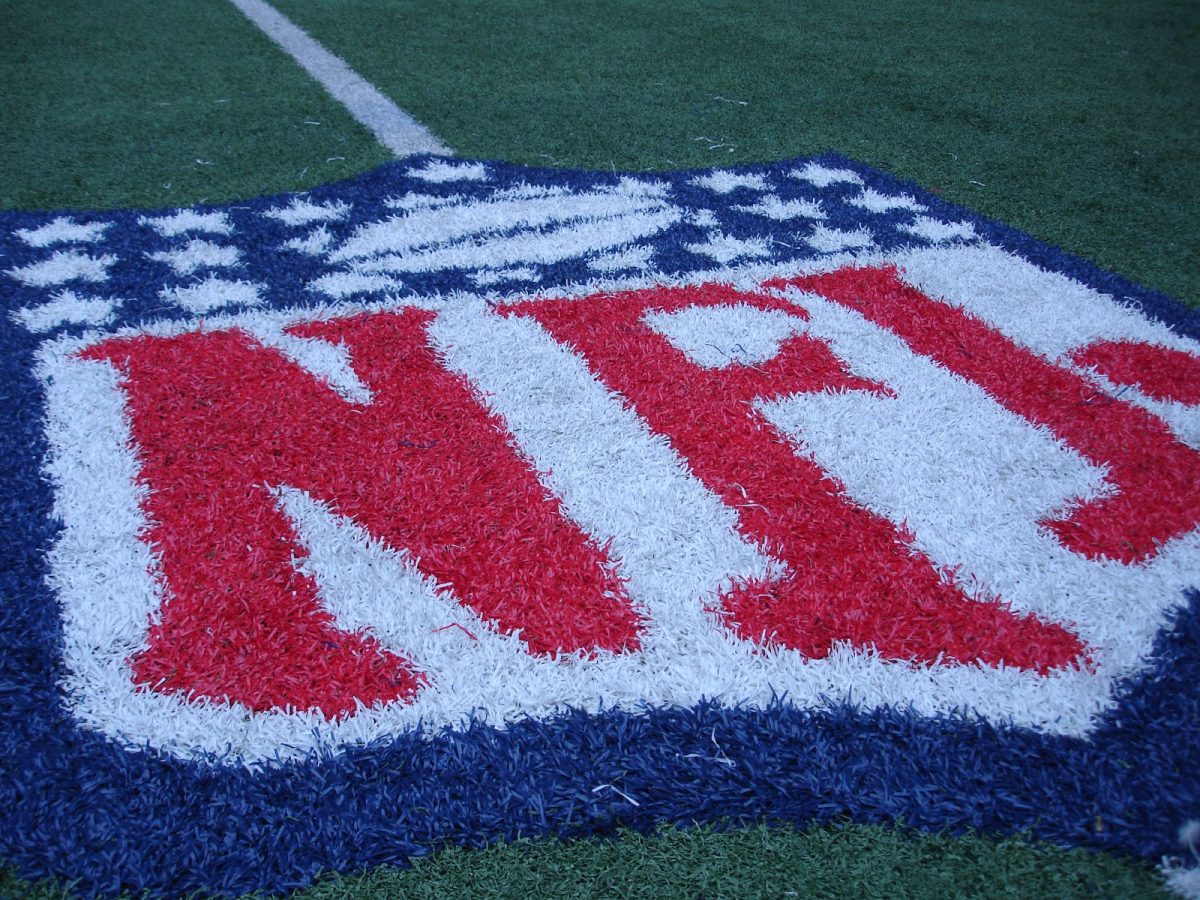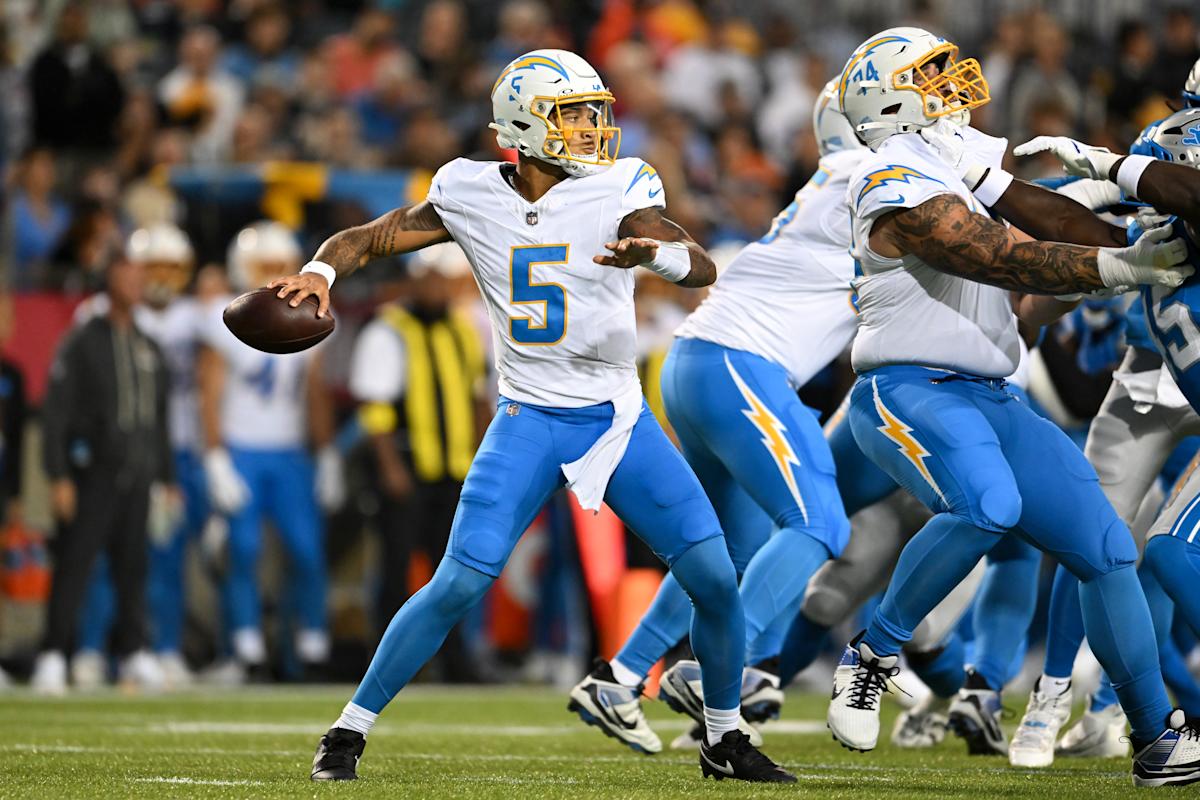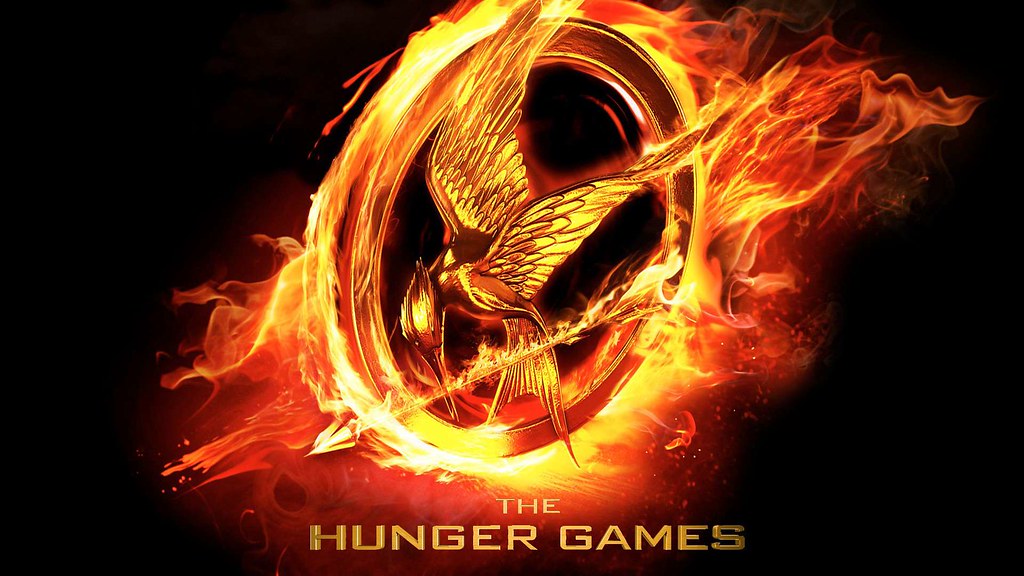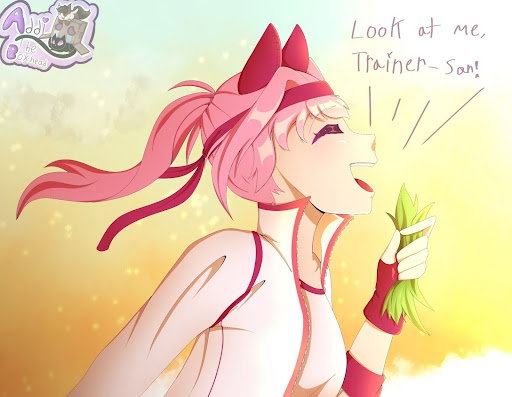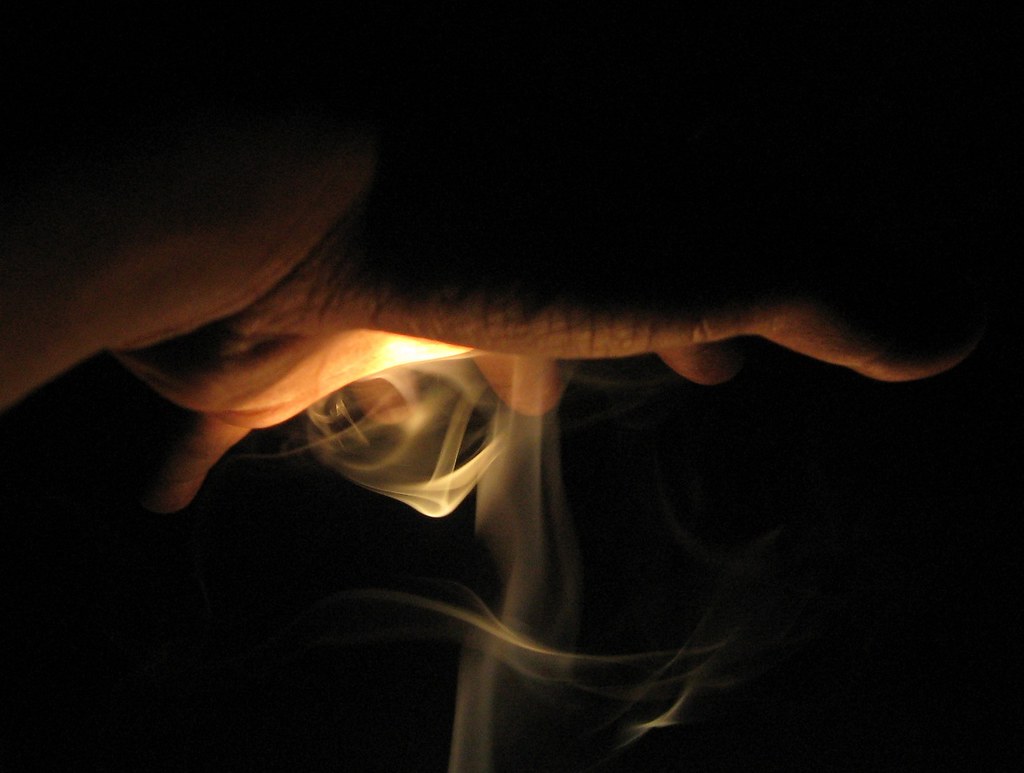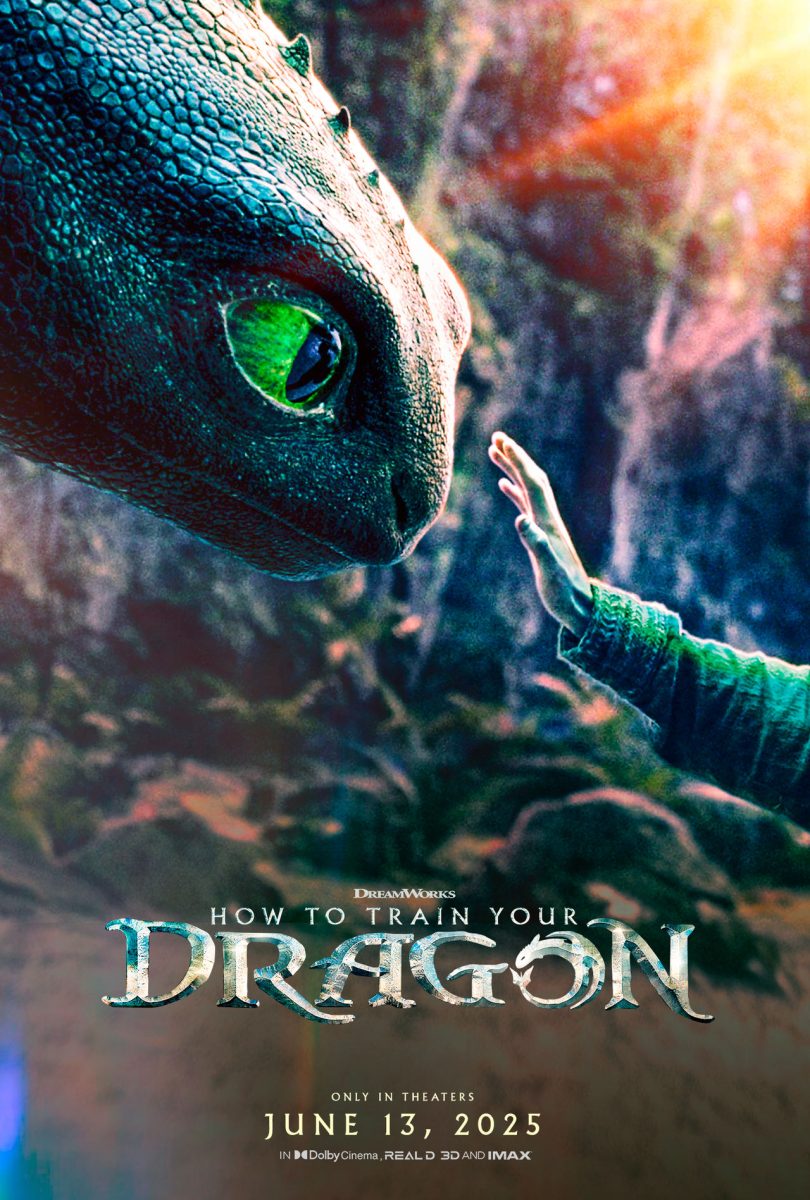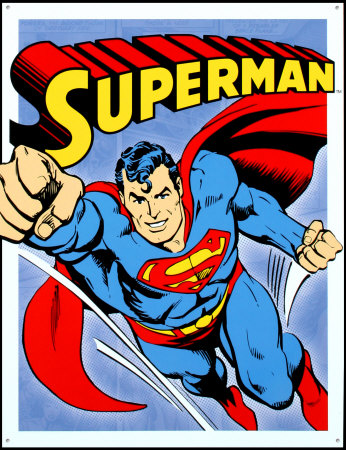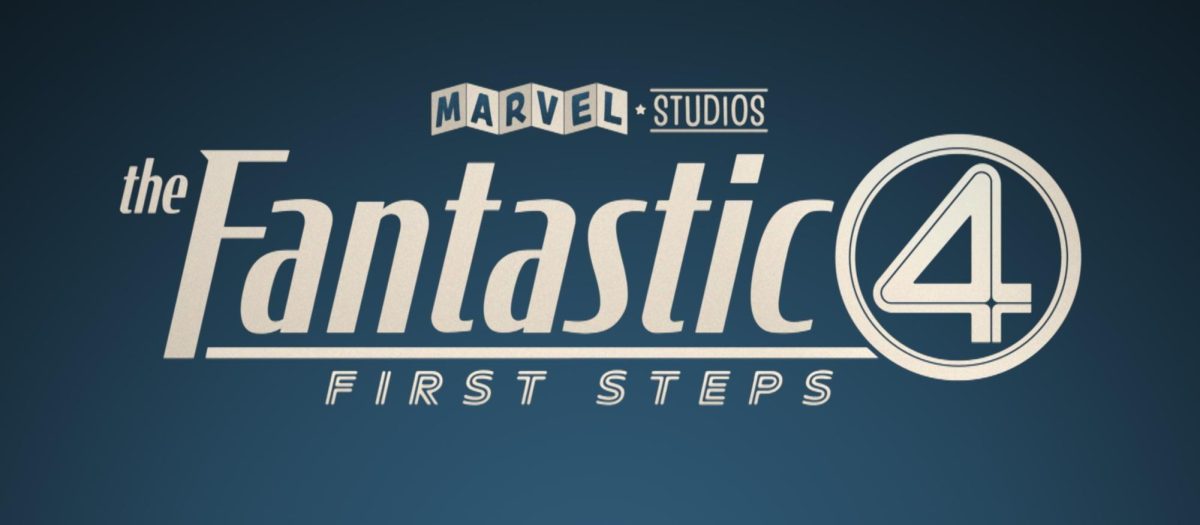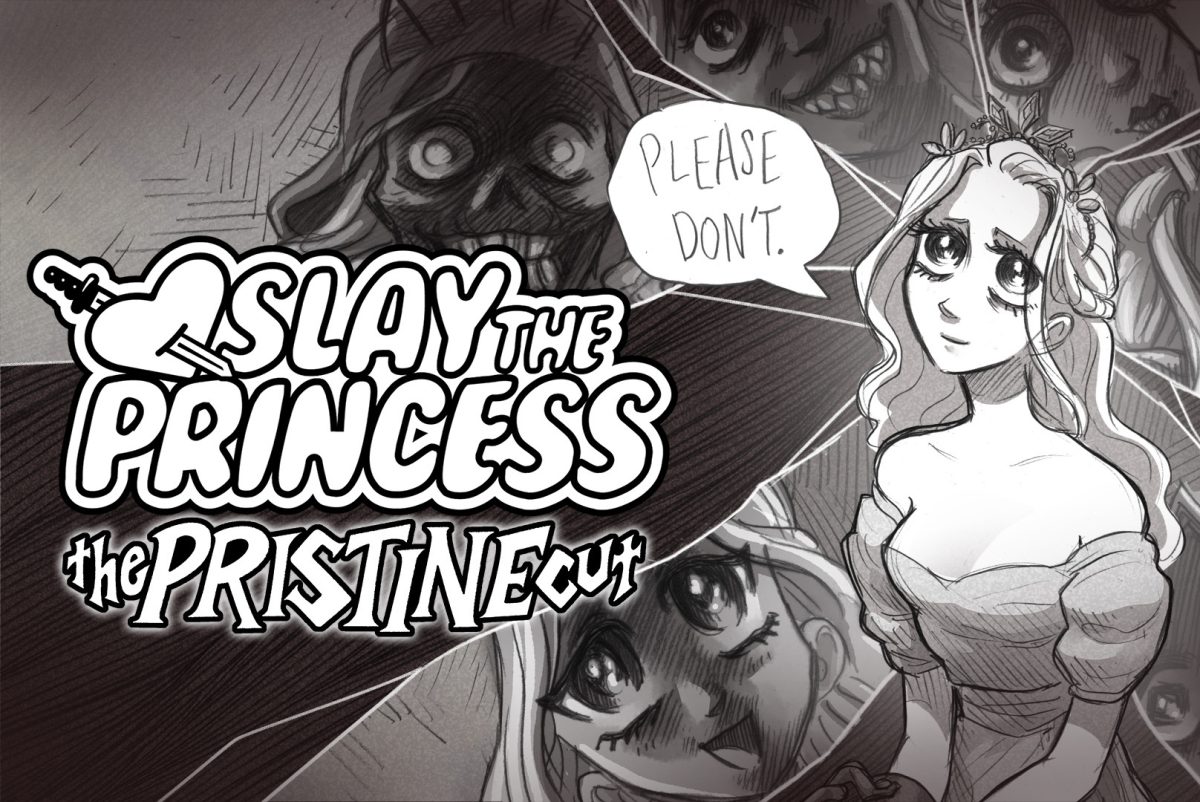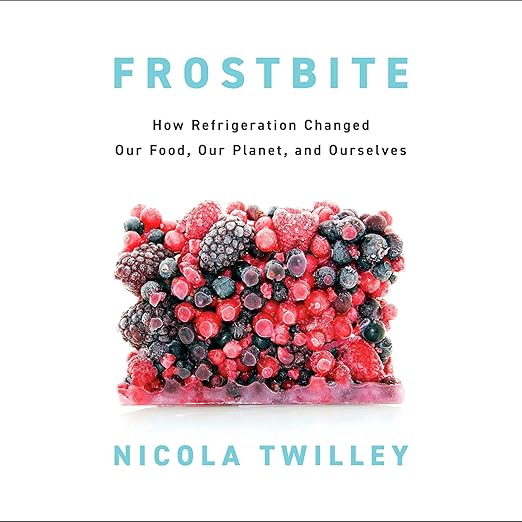To celebrate the upcoming release of the new Hunger Games movie, The Ballad of Songbirds and Snakes, I’ve decided to rank the original Hunger Games movies from best to worst, taking into account their cinematic qualities, character development, and overall dystopian impact.
The Hunger Games: Catching Fire (2013)
“Catching Fire” stands out as the best installment in the series for several reasons. Director Francis Lawrence masterfully takes the foundation set by the first film and expands it into a more complex, thrilling narrative. The characters, particularly Katniss and Peeta, undergo significant development as they grapple with the consequences of their first Hunger Games. The Quarter Quell arena is visually stunning, and the introduction of new characters like Finnick Odair and Johanna Mason adds depth to the story. The political intrigue and growing rebellion create a compelling atmosphere, making “Catching Fire” the series’ highlight.
The Hunger Games (2012)
The first installment introduced us to the grim world of Panem and its protagonist, Katniss Everdeen. It’s a well-executed film that captures the essence of the source material, though it lacks some of the nuance found in later entries. Jennifer Lawrence’s portrayal of Katniss shines, and the film’s depiction of the Capitol’s excess and the Games themselves is haunting. “The Hunger Games” effectively establishes the foundation for the series, setting the stage for the rebellion that unfolds.
The Hunger Games: Mockingjay – Part 2 (2015)
“Mockingjay – Part 2” is a fitting conclusion to the Hunger Games saga. The film successfully resolves the complex narrative threads woven throughout the series, as Katniss and her allies advance on the Capitol. The action sequences are intense and emotionally charged, while the stakes continue to rise. However, it’s fair to say that the film could have been condensed, as the pace sometimes lags. Nevertheless, it provides a satisfying conclusion to the story and explores the psychological effects of war and trauma.
The Hunger Games: Mockingjay – Part 1 (2014)
As the penultimate film, “Mockingjay – Part 1” primarily serves as a setup for the final chapter. It delves into the propaganda war and the building tension between the Districts and the Capitol. While it’s necessary for the overall narrative, the pacing can feel somewhat slow compared to the previous installments. Nonetheless, the performances, especially from Jennifer Lawrence, are strong, and the film successfully conveys the emotional turmoil of the characters.
Ultimately, each film has its merits and contributes to the overall success of the Hunger Games franchise. Whether you’re a fan of the books or a newcomer to the story, these movies offer a captivating journey into a dystopian world where survival and resistance take center stage.










